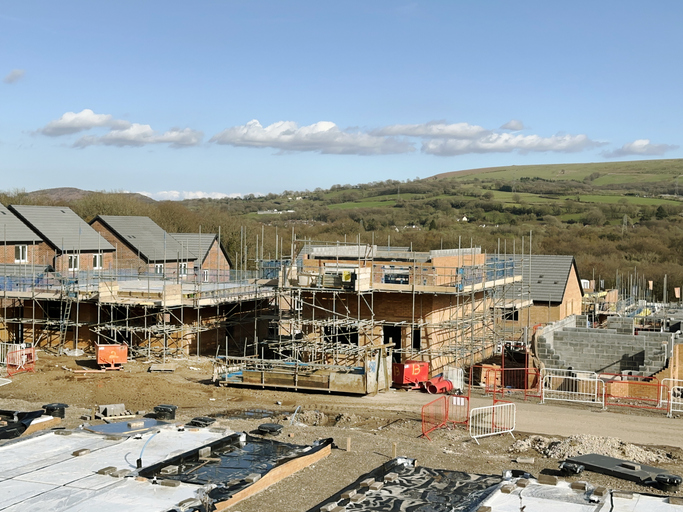
In light of the Environment Act 2021, a significant change has been introduced for developers: the mandatory implementation of Biodiversity Net Gain (BNG). Effective from February 12, 2024, this condition stipulates that future developments must achieve a minimum 10% increase in biodiversity, with certain exemptions in place.
What exactly is BNG?
It’s a metric designed to guarantee that developments contribute positively to the biodiversity of an area by either creating new habitats or enhancing existing ones. The government has established a statutory metric to measure the required biodiversity units for each development, ensuring the 10% gain is achieved on top of the site’s baseline biodiversity level.
Developers are tasked with assessing the value of natural habitats before and after development, incorporating BNG considerations into their plans. Moreover, they must assure the Local Planning Authority that the achieved BNG will be maintained for at least 30 years post-development, often through a section 106 agreement or a binding conservation covenant.
However, certain developments are exempt from these requirements, including small sites, those falling below specified impact thresholds, and homeowner projects like home extensions. A comprehensive guide to exempt developments can be referenced for clarity.
So, how can developers meet these requirements?
- On-site Gains: Developers can achieve the 10% BNG directly on the development site. This might entail securing additional land and adjusting existing plans to accommodate the necessary biodiversity enhancements.
- Off-site Gains: Alternatively, developers can opt for off-site biodiversity enhancements to fulfill the BNG requirement. However, they must ensure compliance with the 30-year maintenance stipulation and any associated agreements or covenants.
- Statutory Biodiversity Credits: As a last resort, developers can purchase statutory credits from local authorities if they are unable to achieve on-site or off-site BNG. However, this option tends to be costly, as indicated by DEFRA’s pricing guidelines.
Moving forward, it’s imperative for developers to stay abreast of both current and forthcoming guidance to ensure their plans align with the BNG requirements. This proactive approach will help prevent any potential shortcomings and ensure compliance with the new regulations.
The content of our site is provided for general information purposes only and does not constitute legal or other professional advice.
